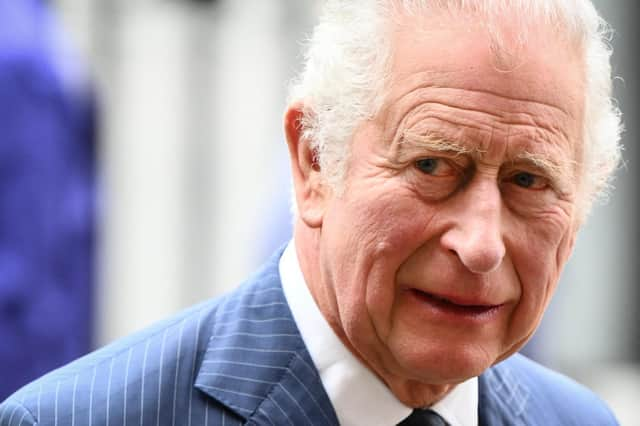DERRY JOURNAL Editorial: No Catholics need apply


For the purposes of succession in the UK Catholics are ‘naturally dead’ under the Act of Settlement (1701). This isn’t just a legal revenant from the Penal Era; it was debated only nine years ago and re-endorsed when MPs approved the Succession to the Crown Act (2013) to remove male primogeniture and allow aspirant monarchs to marry Catholics.
A majority of MPs, many still in situ, saw fit to keep the ban on Catholics assuming the throne. One MP, who proposed removing the ban, said: “The Act of Settlement deems somebody who has been a Catholic for a minute to be dead in terms of the succession, and it passes over them as if they were dead.
Advertisement
Hide AdAdvertisement
Hide Ad"Once we allow the marriage of a Catholic into the line of succession to the throne, that provision makes absolutely no sense.” That was Jacob Rees- Mogg.
One justification for maintaining the anti-Catholic provision was the monarch’s role as Supreme Governor of the Church of England. Rees-Mogg argued this function could be fulfilled by a regent if a Catholic was queen or king. His arguments were rejected by 365 MPs.
Foyle MP Mark Durkan said at the time: “The provisions [of the Succession to the Crown Bill] are quite sectarian. If a politician in NI used the same language on a political platform, people would talk about incitement to religious hatred, but the Bill, for reasons of constitutional sensitivity, for reasons of ecclesiastical sensitivity to do with the constitutional settlement, leaves that language in place, safe and untouched.” It remains in place.
Much used to be made of provisions of the Irish Constitution (1937) which referred to the ‘special position’ of the Catholic Church and specifically ‘recognised’ the Church of Ireland, the Presbyterian and Methodist churches, as well as Irish Quakers and Jews.
Advertisement
Hide AdAdvertisement
Hide AdYet these provisions were in place for only 35 years before they were rightly removed in a referendum in 1972. If a majority of Britons prefer to obediently subject themselves to a monarch rather than be served by a president they elect as citizens, as appears to be the case for now, they might consider whether it is appropriate in the third decade of the 21st century that Catholic subjects are still banned from becoming head of state after 300 years.